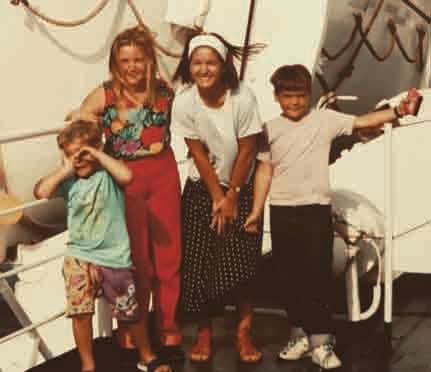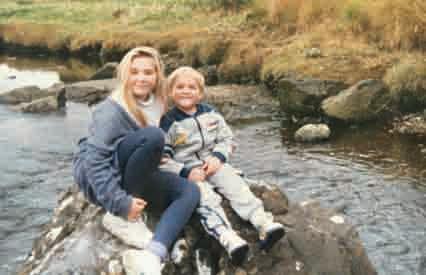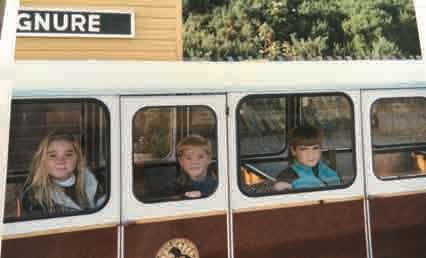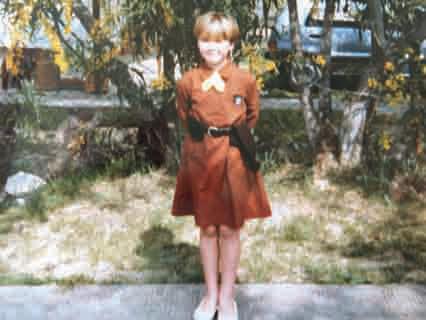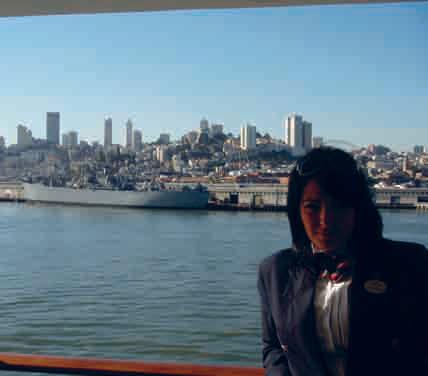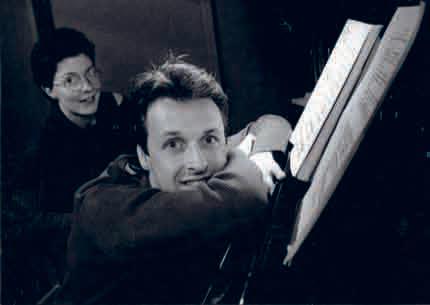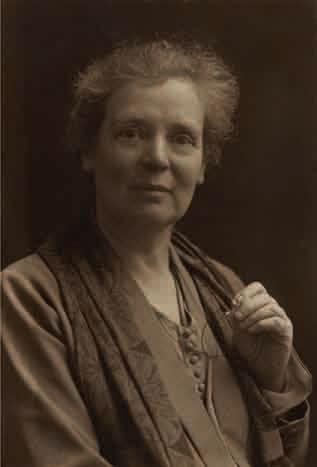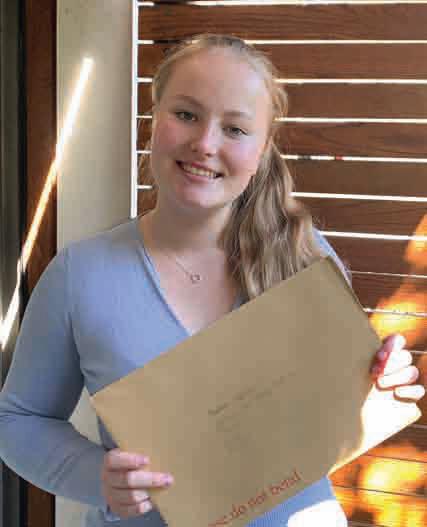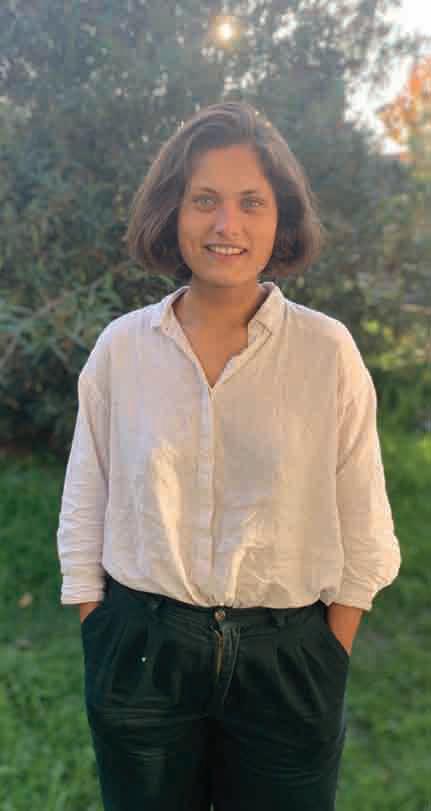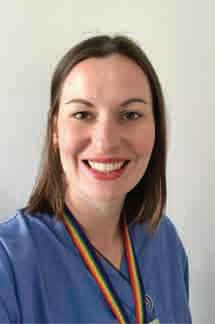
5 minute read
Interview with Mrs Laura Hall
Mrs Laura Hall joins Queen’s College Preparatory School as Headmistress in September.
Advertisement
How have you been coping with lockdown?
Early on, we purchased as many plants as we could. I’m not a gardener – my husband’s the gardener – but it’s been absolutely lovely to get involved in that. Exercise has absolutely kept me sane. As soon as I’m awake, I go and do some exercise. Lockdown has really highlighted to me how children need that structure and routine in their day, too. That’s something I’ve been thinking about a lot: how we can provide a high level of education from September onward and what that will look like. Routine and structure are important for children of all ages.
Something I’ve loved about looking at the Instagram feed for QCPS is what the teachers are sharing. The sense of community is really emphasised and that is because we are on the front line in some respects. We’re having to be much more transparent in everything that we do and that’s very exciting and empowering. Children have absolutely loved that they can make videos of their learning and what they’re doing at the weekends. It’s fast-forwarding us into the 21st century.
What was your own education like?
As a child I moved around a lot, which had a significant impact on my deciding to become a teacher. My parents were in the Forces. I was born in Scotland and then we went to Cyprus. I spent the majority of my primary school education there and it was just the most amazing experience: it was so sensory. Then we came back to the Isle of Mull in Scotland where my grandparents live and I went to the local primary school, which had about 15 children at the time – from early years to 11 – and then to Tobermory High School, which had 200 pupils travelling from a 100 mile radius. I was only there for three months and then we moved to Wiltshire where I went to grammar school.
So, I went to lots of different schools – I think in total something like 8 schools before I was 15. The biggest issues I had were the academics, because in Cyprus, the curriculum was much more free-flowing, and I don’t remember learning much Mathematics, for example, so when I got to Mull, everyone was significantly ahead of me and I really struggled. Just getting through the day was hard and then sitting with piles of homework, which I wasn’t used to, either. I was streets behind really, and it wasn’t until I got to the grammar school a couple of years later and actually took ownership myself that I could plug those gaps. I had brilliant teachers to help me, but I remember tearful evenings aged 10 or 11, with my father trying to help me understand fractions, and I just couldn’t do it!
That’s what made me so passionate about teaching Mathematics to that age group, because it wasn’t easy for me as a child.
So, what was your degree subject?
Art History. I loved my degree. I started off reading English as well as Art History, but in the end, medieval illuminated manuscripts were not for me. I went to Edinburgh and then I went to Bristol. But the reason Art History became my passion was more because of my interest in cultural history and the way that was depicted and how people lived and that’s what I found really interesting. I spent two years in my twenties travelling the world on cruise ships, lecturing Americans about Midwestern art, depicting places that I hadn’t ever been to and also Europeans on the Haussmannisation of Paris and I’d never been to Paris. I was 23 years old and had no life experience whatsoever! But it was fun, and I learnt a lot about lecturing.
Teaching was something that I always was passionate about and interested in. And then this opportunity came up to work in the primary school on Mull that I had been to for a couple of months with those 15 children. The teacher who had taught me when I was 11 years old was now the Head Teacher and she encouraged me into teaching, so I came to London to do my PGCE.
I think a lot of teachers probably were quite naughty at school. I certainly was, especially from the age of about 15, into sixth form. I have lovely relationships with those teachers now.
What are the main challenges for students, their parents and their teachers, when it’s time to move up to senior school?
Obviously the first thing is ensuring that from much earlier than year 6, from year 4 really, we’re starting to think about the right school for every child and that’s an ongoing process that takes into consideration their interests and needs. That’s the first step in a seamless transition: making sure that we’re looking at the right schools. And then from year 5, communication is absolutely key – having open communication between the school, the parents and the child, triangulated.
We have to ensure that we give students skills of independence and resilience, including skills to organise themselves as well as the learning elements, because senior schools are so different from prep schools.
I know that the thing the children worry about the most when they come to moving into their senior school, is making friends. Friends are so important when you are 11! And making sure that you find your crowd. School is about that social element and that’s often the thing that students coming in worry about the most. It’s not the academics, because we’ve got really supportive families behind us. So those triangulated lines of communication between the school, the parents and the children are really important.
